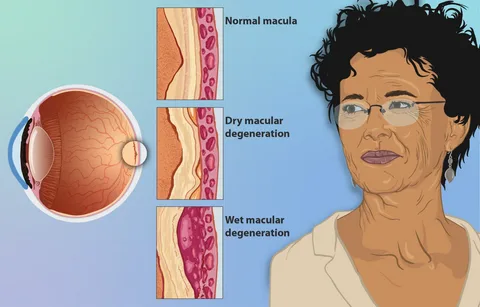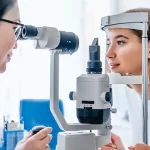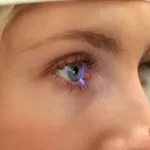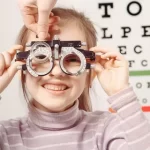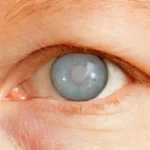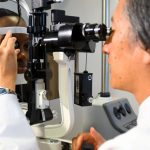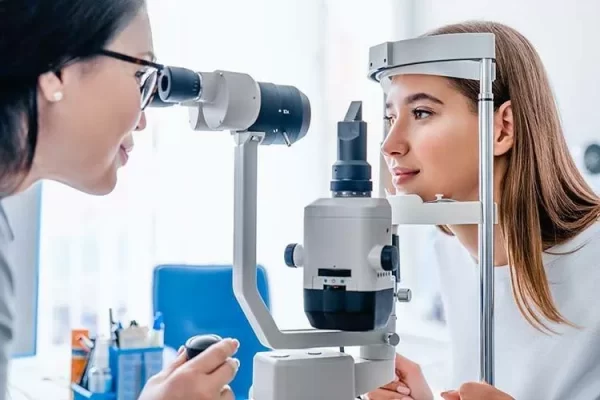How can you preserve and maintain your vision? Proper eye care is essential to enhance your vision and lower your risk of eye health conditions. You can prevent yourself from eye problems by eating healthy and wearing protective eyewear to block UV light, dust, and wind debris. Regular eye check-ups are also critical in improving your vision and preventing blindness. The macular degeneration San Antonio specialist offers quality treatments and diagnoses to restore your vision and eye health. What is macular degeneration, and how does it affect your vision? Read below for more.
What is macular degeneration?
It is an eye condition that affects central vision in one or both eyes. Macular degeneration is common in people aged 60 and older and leads to vision loss when not treated. However, early detection and treatment of the disease can help improve your sight.
Macular degeneration affects a part of your eye’s retina, which affects your ability to perform daily tasks such as driving or reading.
Types of macular degeneration
There are two forms of macular degeneration, including the following.
Wet macular degeneration
This type of macular degeneration develops when abnormal blood vessels grow under the macula in your eyes. The blood vessels may cause blood and fluid leakage, damaging the macula and resulting in blurry vision.
Dry macular degeneration
It occurs when the light-sensitive macula cells break down gradually. Dry macular degeneration may lead to central vision loss when left untreated. It is more common compared to wet macular degeneration.
What are the symptoms of macular degeneration?
When you have macular degeneration, you may encounter blurry vision, reduced central vision, poor night vision, distorted vision, or lower-intensity bright colors. You may also have problems recognizing faces, seeing straight lines as bent, or finding the need to use brighter lights for reading.
The condition may damage one or both eyes. Dry macular degeneration usually develops slowly, while wet macular degeneration causes sudden vision problems and more severe effects.
What increases your risk for macular degeneration?
Macular degeneration affects anyone. However, some factors may increase your chance of experiencing it. For instance, being over 60 years, a caucasian, or having a family history of macular degeneration, increases your risk of the disease.
Smoking elevates your chances of macular degeneration, including if you have heart disease, obesity, or high blood pressure.
When not treated, macular degeneration may lead to complications, such as central vision loss, rapid vision loss, visual hallucinations, and depression.
Your provider performs a comprehensive diagnosis, including reviewing your symptoms and medical history and eye exams to diagnose your problem.
What are the treatment options for macular degeneration?
Usually, there is no cure for macular degeneration, but your provider may recommend treatments to slow down your disease progression. The Alamo Eye Care team may suggest vitamin supplements, lifestyle changes, or low-vision rehabilitation to improve your vision. They may also recommend telescopic lens surgery to boost and restore your vision.
Contact Alamo Eye Care today to schedule your consultation and learn how you can manage macular degeneration and improve your vision.

